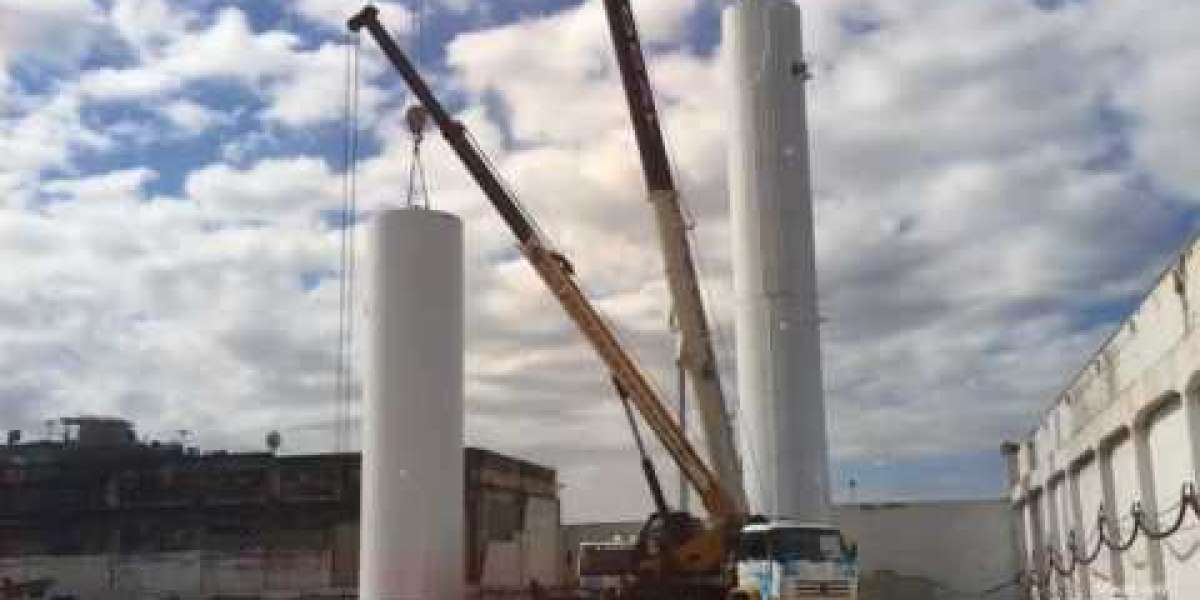In today’s highly competitive manufacturing and production landscape, maintaining product quality while optimizing workflow efficiency is crucial. One of the most effective tools to achieve this balance is the use of custom quality control gauges. These specialized instruments help manufacturers maintain precision, reduce errors, and streamline their quality assurance processes, ultimately boosting overall productivity. This article delves into how integrating custom quality control gauges into your workflow can significantly enhance operational efficiency.
Understanding Custom Quality Control Gauges and Their Importance
Custom quality control gauges are precision measuring tools specifically designed and manufactured to meet the unique specifications and quality requirements of a particular product or production process. Unlike standard gauges, which are mass-produced and designed for general use, custom gauges are tailored to fit exact dimensions, tolerances, and standards that are critical to your manufacturing process.
The importance of custom quality control gauges lies in their ability to provide highly accurate measurements consistently. This precision ensures that every part or product adheres to the strict quality standards set by your company or industry regulations. Using these gauges helps detect defects early in the production cycle, preventing costly rework or scrap, thus saving time and resources. Moreover, the use of custom gauges simplifies the inspection process, making it quicker and more reliable, which directly contributes to improved workflow efficiency.
How Custom Quality Control Gauges Enhance Workflow Efficiency
Integrating custom quality control gauges into your workflow can drastically reduce inspection times. Because these gauges are designed to match specific parts or components, operators can quickly perform go/no-go checks without the need for complex setups or calculations. This simplification of the inspection process reduces downtime and keeps production lines moving smoothly.
Additionally, custom gauges reduce the risk of human error. Operators do not need to interpret measurements or compare them against complicated tolerance charts — the gauge itself gives a clear pass or fail indication. This clarity reduces the training required for inspectors and minimizes mistakes that could lead to defective products reaching customers. By enhancing the speed and accuracy of inspections, custom quality control gauges become a vital asset in maintaining a lean, efficient manufacturing operation.
Designing Custom Quality Control Gauges for Your Specific Needs
The design process for custom quality control gauges begins with a thorough understanding of your product’s critical dimensions and tolerances. Collaboration between quality engineers, design teams, and gauge manufacturers is essential to develop gauges that perfectly fit your workflow requirements. Custom gauges can be designed for a variety of measurement methods, including caliper gauges, plug gauges, ring gauges, and more, depending on the specific inspection needs.
Besides dimensional accuracy, factors such as material choice, ergonomics, and gauge durability are considered during design. The materials used for custom gauges must withstand the operating environment, whether it involves exposure to chemicals, extreme temperatures, or heavy usage. Additionally, ergonomic designs help operators handle gauges comfortably, reducing fatigue and improving inspection speed. Investing time in a well-planned gauge design pays off in consistent quality and smoother workflow.
The Impact of Custom Quality Control Gauges on Reducing Production Costs
Quality control is often viewed as a cost center, but the strategic use of custom quality control gauges can actually lower overall production costs. Early and accurate defect detection reduces the number of defective parts that proceed through the manufacturing process, minimizing waste and rework. This proactive approach prevents expensive issues from compounding later in the production cycle, saving both materials and labor.
Moreover, custom gauges reduce the need for expensive, time-consuming inspections using complex measuring instruments. The simplicity and speed of gauge-based inspections mean that operators can perform checks more frequently without interrupting production. Frequent inspections lead to immediate corrective actions, avoiding the buildup of defects and ensuring that costly production halts are minimized. Ultimately, the cost savings gained from fewer defects and reduced inspection times improve your bottom line.
Best Practices for Implementing Custom Quality Control Gauges in Your Workflow
To fully benefit from custom quality control gauges, it is important to implement best practices throughout your workflow. Firstly, ensure that the gauges are properly calibrated and maintained regularly. Regular calibration guarantees measurement accuracy and extends the lifespan of the gauges. A documented maintenance schedule should be part of your quality management system.
Secondly, provide adequate training for all personnel involved in using custom gauges. Even though gauges simplify inspection, understanding how to correctly use and interpret them is essential. Training ensures consistent use across shifts and reduces the risk of errors due to misuse. Finally, integrate gauge inspection data into your quality tracking systems. Using data analytics to monitor inspection results helps identify trends and potential process improvements, fostering continuous workflow efficiency.
Conclusion
Custom quality control gauges are more than just measurement tools — they are key enablers of precision, speed, and reliability in modern manufacturing workflows. By tailoring gauges to your specific product requirements, you can reduce inspection times, minimize errors, lower production costs, and enhance overall operational efficiency. Investing in well-designed custom quality control gauges and implementing best practices for their use will provide your business with a competitive edge and ensure the consistent delivery of high-quality products.


